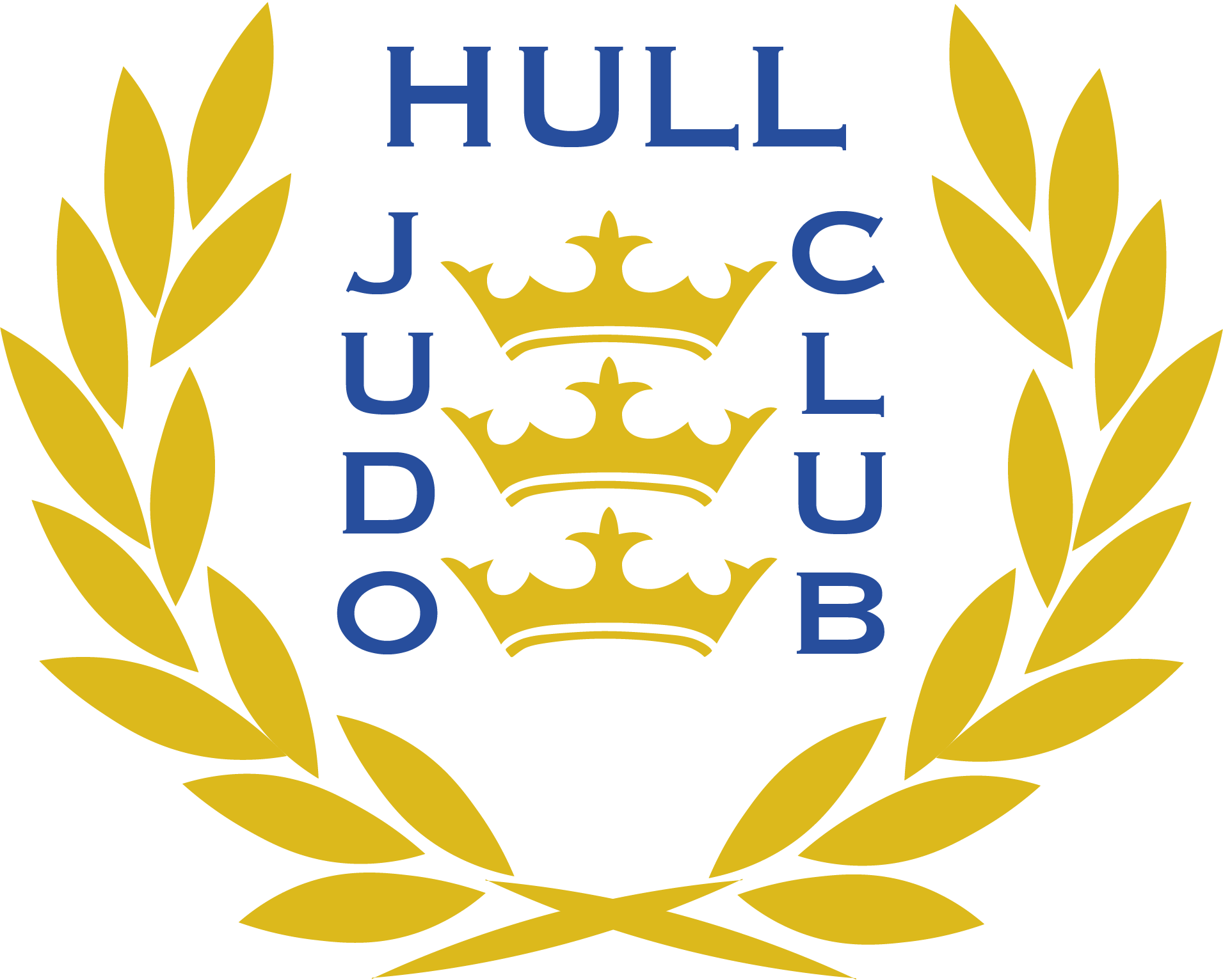
George Tackie
Head coach
Safeguarding & First Aid
Gerald Barley
Level 2 Coach
Safeguarding & First Aid


Adam Mortimer
Level 2 Coach
Safeguarding & First Aid
Dave Johnson
Level 2 Coach
Safeguarding & First Aid


Peter Barley
Level 2 Coach
Safeguarding & First Aid
Alex Render
Welfare Officer

About Judo
Judo helps improve fitness levels, balance, coordination and flexibility.
For those not wanting to take part in combat, the moves involved in the sport can still be done as conditioning and strength-building exercises.
The throws and holds involved in judo provide an effective form of self-defence training. It also lowers peoples risk of sustaining serious injury in other sports as judo teaches people how to fall in a safe manner.
Although it is an individual sport, judo is an excellent way to develop communication skills and learn to work effectively with other people as you train in groups.
Clubs also offer a variety of social events beyond simply playing the sport.
Judo is good for the mind as well as the body. Specific rules ensure you will build self-confidence, self-discipline and respect for yourself and others, with many of the moves involving a great deal of mutual trust.
Judo is a fun and challenging activity, suitable for people of all ages and abilities
What is Judo?
Judo has its roots in ju-jitsu which goes back many centuries in Japanese history when is was a brutal and often lethal method of self defense and unarmed combat. Judo was established as a modern physical activity when in 1882, Professor Jigoro Kano founded his Kodokan Judo. Responsible for education he was aware that physical education in his country at that time was sadly lacking. Jealous ju-jitsu masters began to question this system and the matter could only be settled by arranging a tournament between the various schools. This was done in 1886 and the outcome was a totally victorious Kodokan. Japanese police officials had been watching the proceedings closely, they were looking for an acceptable method of apprehending and controlling aggressive law-breakers without resorting to weapons. To them Judo was the answer and it is used in Japanese police training to this day. From that time, Judo schools were established in many countries and the first Judo club to open in Europe, the Budokwai which still operates today, was founded in 1918 by Gunji Koizumi who became known later as "The Father of British Judo". There are now nearly 1,000 Judo clubs registered with the British Judo Association in the United Kingdom.
Since the inclusion of Judo in the 1964 Olympic Games it has been regarded as a modern Olympic combat sport although some followers still consider it very much an "art form". Kano said that Judo is a teaching for life itself and with it we learn to overcome the pitfalls and obstacles of everyday living.
Judo is a fascinating Olympic sport. More than that, it is an art form. It is now practiced in almost every country of the world . What follows is a brief history of the development of what is now a modern Olympic Sport.
Kano
Kano The founder of Judo Jigoro Kano was born in 1860, he graduated with a degree in literature from Tokyo Imperial University in 1881 and took a further degree in philosophy the following year. Apart from being the founder of judo, Kano was a leading educationalist and a prominent figure in the Japanese Olympic movement. When Kano began his study of ju-jitsu as a young man, the ju-jitsu masters of the martial arts were struggling to earn a living. Although they were willing to teach the skills handed down to them over many generations, there was little interest among people of the succeeding generation, additionally the demise of the samurai (warrior) class had reduced the need for instruction. At the age of 18 Kano studied the ju-jitsu of the Tenshin Shinyo Ryu under Fukudo and Iso, both instructors at the prestigious Komu Sho. Following the death of Fukuda, Kano remained briefly with master Iso before finishing his pupillage with master Ilkubo.
